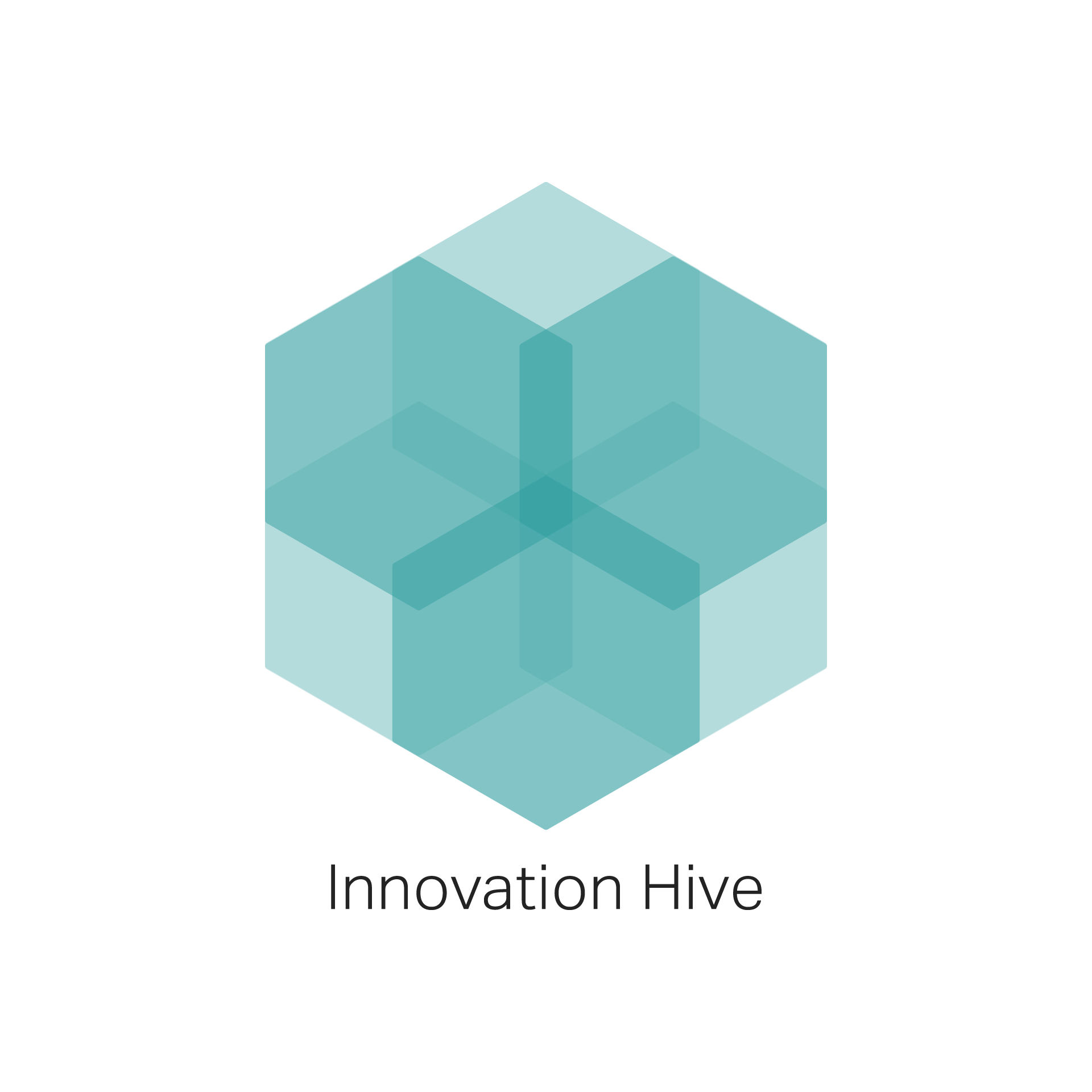During the development of the 3rd activity of the 1st intellectual output, a literature review and field research activities were conducted. Based on the positive psychology theoretical paper, the ACT POSITIVE partners could proceed on the development of the Training Curriculum for enhancing the employability of 2nd generation migrants.
The Training Curriculum could facilitate learners on the use ‘stress inoculation’ and other relevant stress management techniques, and incorporate a variety of skills required to accomplish tasks and solve problems by selecting and applying basic methods, tools, materials and information. Furthermore, the curriculum aims on helping learners to take responsibility for the completion of their tasks and work. Last, a key objective is the development of the capacity to adapt in complex situations, and find the adequate solution to occurring problems.
Referring to the area of job search, it became very clear that 2nd generation migrants face many difficulties such as the fact that migrants found the procedure of presenting themselves, via writing a cover letter, very difficult, due to lack of self-confidence. They seemed afraid to be judged in case of qualification deficiency. During their interviews, they appeared afraid to stutter and lose their word. Finally, it was commonly agreed that they should develop their self-confidence.
Regarding the employability obstacles, the interviewed 2nd generation migrants reported that they lack support from their relatives. Also, it became clear that migrants have a very limited network and connections related to natives. From the employer’s point of view, it was noted that most employers find it hard to embrace diversity. Also, migrants reported the following concerning the acquisition of skills : that the language barrier is one of the main reasons they lack self-confidence, because it makes it harder for them to communicate, and that another discouraging factor is the lack of the family support, or the lack of a mentor/role model they could rely on for advice.
Given all that information, the activities that could be useful for this specific target group, could be training on how to write their CV and stand out on an interview, how to lower their stress levels and have the chance to argument on a discriminating situation, and finally, the development of peer groups where 2nd generation migrants could share experiences, and exchange tips and advice.
Finally, the content of the Training Curriculum was developed, in the form of eight (8) modules, covering the relevant thematic areas.



